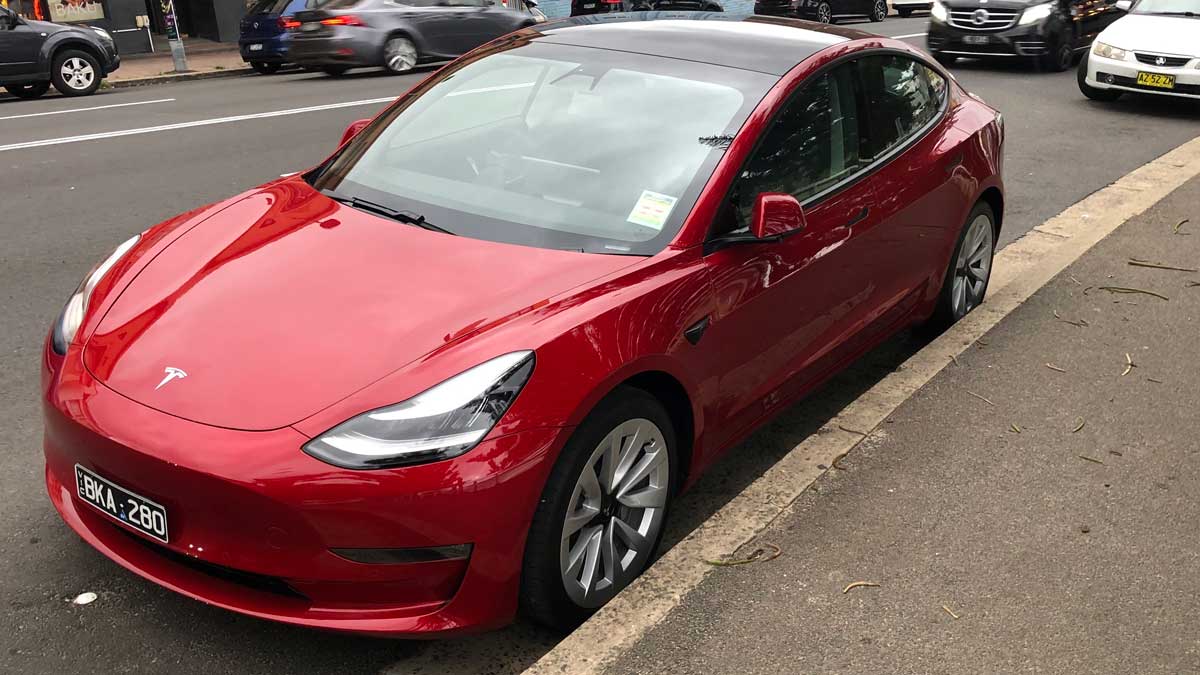Australia is known to be a challenging market for EV sales. Despite Tesla having a strong presence previosuly with energy products, the EV sales have been tough till 2021. A total of 24,078 electric vehicles were sold in Australia in 2021, where only 6,900 EVs were sold in 2020. Among the total sales, two-thirds of the vehicles sold were Tesla Model 3. The vehicle becomes the best-selling electric vehicle with 15,054 units being sold in the market. Follower by MG ZS with 1,388 and the Mitsubishi Outlander with 592 sales.

Last year sales figures of the number of Tesla cars sold did not show the vehicle units sold in Australia. It was usually added to overall global sales of the company. However, this time the numbers are released as the company is finally having a start in the market. This comes after a deal is stuck between the Electric Vehicle Council (EVC) and the US company. Worldwide Tesla sold 936,172 electric cars in 2021.
This change is not just a change for Tesla, but also the automotive market in Australia. The EVC chief executive, Behyad Jafari, said the sales figures represent a milestone in a market where EV sales have lagged for years because of mixed signals from government, especially compared with other parts of the world. Jafari said, “We’ve been waiting for quite a few years to hit the 1% mark, so to skip that and go straight to 2% is a big deal,”
Policies
Jafari further talked about the change being result of mix of policies implemented in various locations. It includes, stamp duty waivers and rebates. Solid growth was observed in Victoria, Queensland and New South Wales. The Australian Capital Territory is known to have the most generous policies in the country. Whose market share of EVs is stated to be 5.87% in Australia.
Additionally Jafari stated, “There’s no reason why we shouldn’t be up to 20% already. We have a federal government talking about hitting those targets by 2030 when really we could be there today. It’s just a matter of them doing their jobs.”
This would boost Tesla overall sales as well. As vehicle production is expanding with Giga Berlin and Giga Texas, the company is also focused on increasing sales. The opportunities for Australian companies comes as the country is known to be source of raw materials required for battery making. With demand in the US and other countries expected to take off in 2022, Australian companies in the supply chain are already looking overseas for opportunities. Brisbane-based company Tritium, a manufacturer of electric vehicle fast charging systems, is expected to announce the site of its new US factory in coming weeks, with plans for it to be operational by September.












